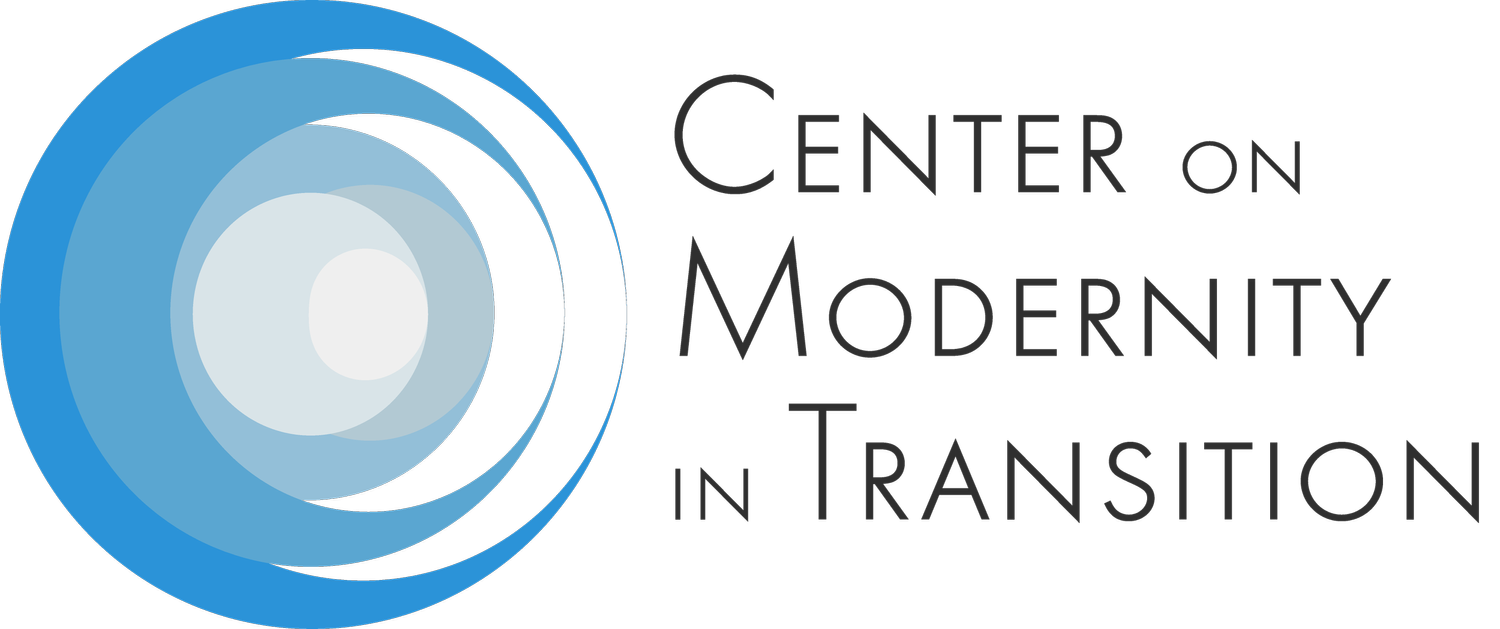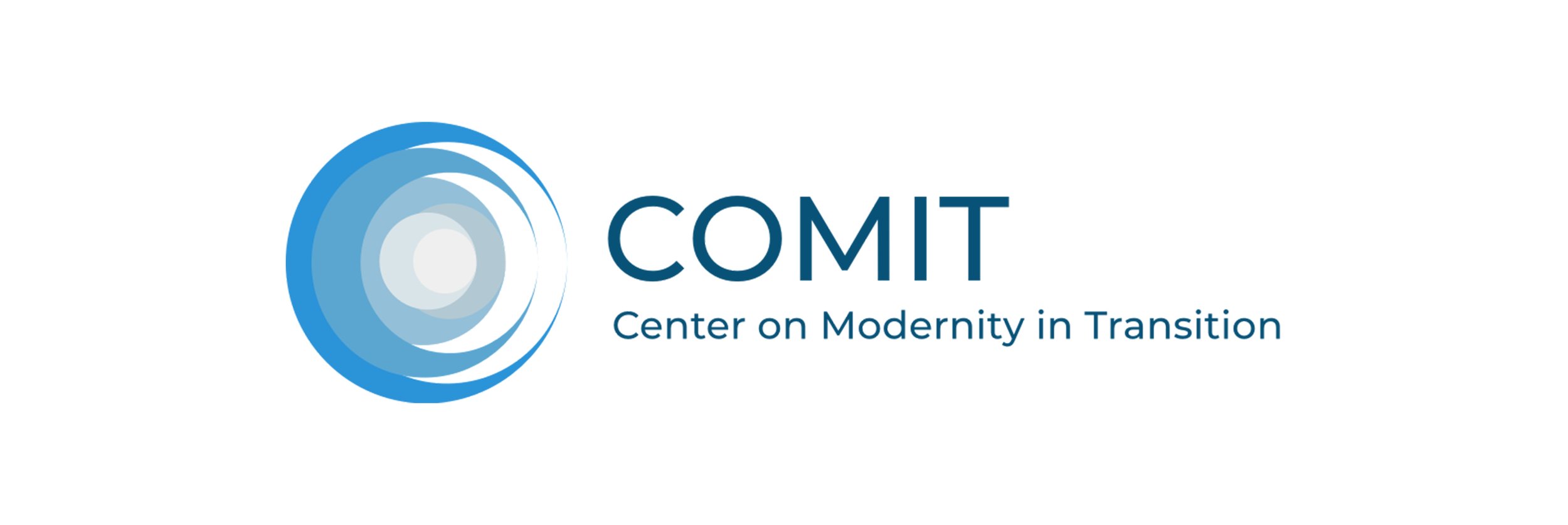The Future of Cosmopolitanism
Seyla Benhabib and Kwame Anthony Appiah think together about the role that cosmopolitanism can play in shaping ethical and political thought in an age of increasing global integration. They consider the relationship of liberalism to different forms of cosmopolitanism, the possibility of a universal identity, and how cosmopolitanism might find expression within the borders of local and national communities.
Speakers
SEYLA BANHABIB
Professor Emerita of Political Science and Philosophy at Yale University, and Senior Research Fellow and Adjunct Professor of Law at Columbia Law School. She is the author of Exile, Statelessness, and Migration (2018) and Another Cosmopolitanism (2006).
KWAME ANTHONY APPIAH
Professor of Philosophy and Law at New York University and pens The Ethicist column for the New York Times Magazine. He is the author of Cosmopolitanism: Ethics in a World of Strangers (2007) and The Lies that Bind: Rethinking Identity (2019).
Moderators:
SHAHRZAD SABET
Shahrzad Sabet is Co-Director of the Center on Modernity in Transition (COMIT) and a Fellow at New York University’s Institute for Public Knowledge. Her current book project, which spans a variety of disciplines, makes the case for a reimagined universalism that reconciles the oneness and the diversity of humankind.
BENJAMIN SCHEWEL
Benjamin Schewel is Co-Director of the Center on Modernity in Transition (COMIT). He is author of Seven Ways of Looking at Religion (2017) and is currently working on a second book, Encountering the Axial Age, both from Yale University Press.
2020-2021 SPEAKER SERIES
The Liberal Imaginary and Beyond
The Liberal Imaginary and Beyond brought together leading thinkers to examine the origins, contents, and development of post-war liberalism, and to consider significant attempts to move beyond the resultant liberal imaginary without casting aside its impressive moral and political achievements. Sponsored by the Kenan Institute for Ethics at Duke University, New York University’s Institute for Public Knowledge, and COMIT.















